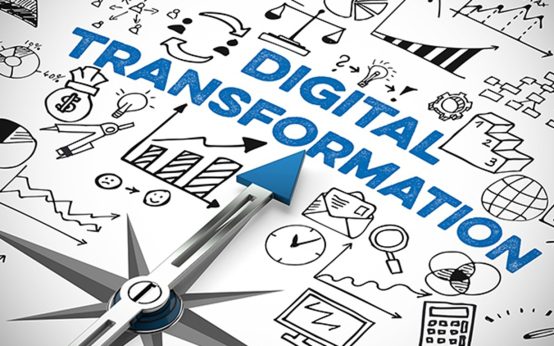Top 5 Tools to Enhance Productivity in Remote Teams
This article explores five essential productivity tools for remote teams: PomoDone for time tracking, Chanty for communication, IDoneThis for task management, Workzone for project management, and Timezone.io for coordinating time zones. These tools help address common challenges in remote work, promoting efficiency and collaboration.


 Top 5 Tools to Enhance Productivity in Remote Teams
Top 5 Tools to Enhance Productivity in Remote Teams  Automation in the Workplace: Employee Perspectives
Automation in the Workplace: Employee Perspectives  Four Ways Digital Transformation is Enhancing Our Work Environment
Four Ways Digital Transformation is Enhancing Our Work Environment  The Evolution of the Workplace Through Digital Transformation
The Evolution of the Workplace Through Digital Transformation  Are Remote Jobs Shaping the Future of Work?
Are Remote Jobs Shaping the Future of Work?  How Automation is Reshaping Workplace Dynamics
How Automation is Reshaping Workplace Dynamics  The Influence of Digital Transformation on Workforce Engagement and Efficiency
The Influence of Digital Transformation on Workforce Engagement and Efficiency  The Impact of Digital Transformation on Workforce and Organizational Culture
The Impact of Digital Transformation on Workforce and Organizational Culture  The Future of Remote Work: Emerging Trends and Forecasts
The Future of Remote Work: Emerging Trends and Forecasts  The Impact of Automation on Employment: Key Statistics
The Impact of Automation on Employment: Key Statistics